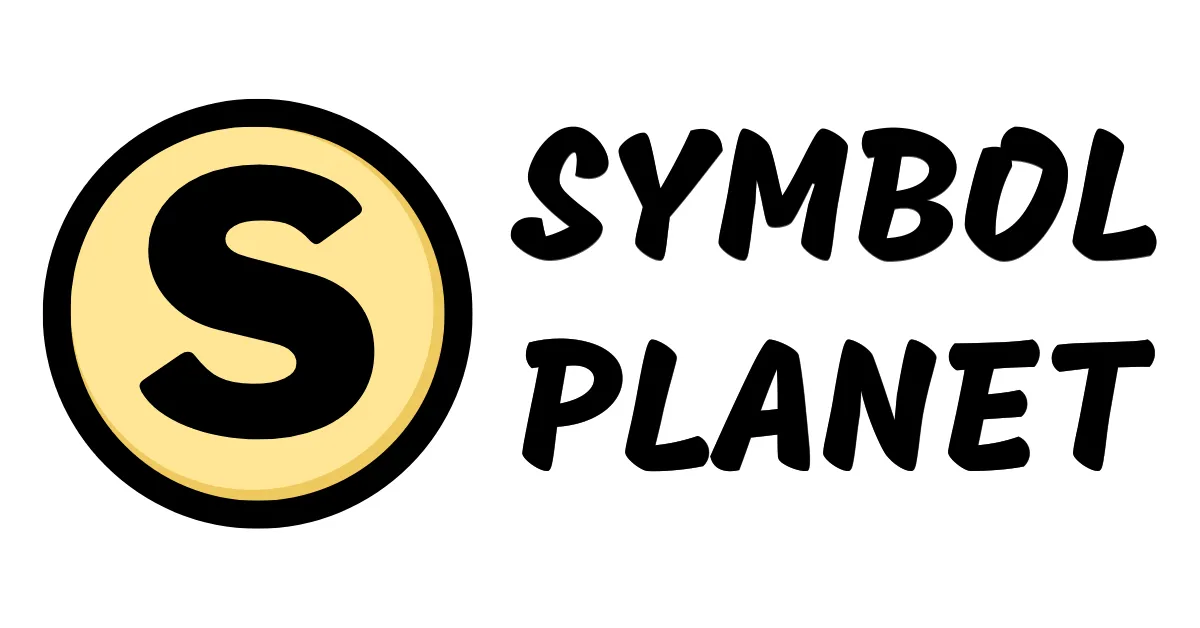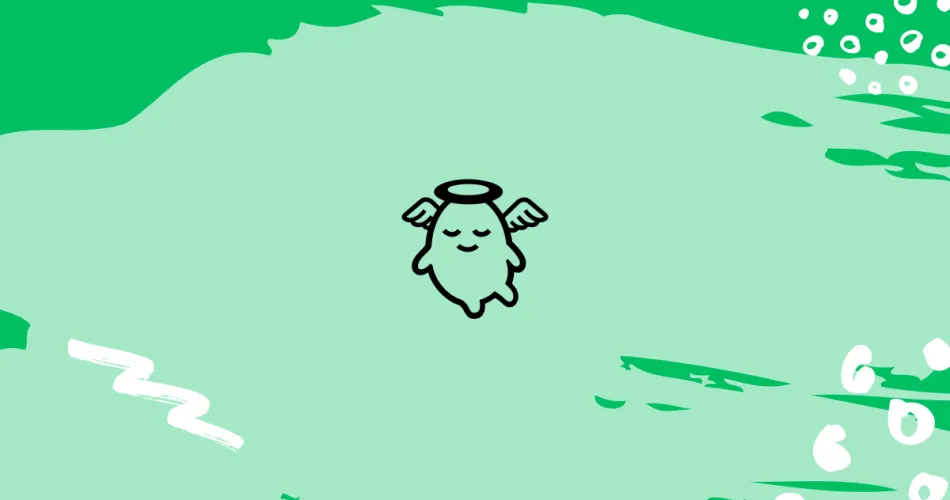Here’s what we’ll cover:
- 👼 baby angel emoji meaning
- How do you reply to 👼 baby angel emoji?
- What does 👼 baby angel emoji mean from a girl?
- What does 👼 baby angel emoji mean from a guy or boy?
- What does 👼 baby angel emoji mean on Snapchat?
- What does 👼 baby angel mean in Texting or Chat?
- What does 👼 baby angel emoji mean on Instagram?
- What does 👼 baby angel emoji mean on TikTok?
- What does 👼 baby angel emoji mean in slang?
- Cultural differences in 👼 emoji interpretation
- Emoji etiquettes
- Possible combination
- Misinterpretations to avoid
👼 baby angel emoji meaning
The 👼 baby angel emoji means a cherubic little being with wings and a halo, often depicted in classical art and religious representations.
Meaning 1: Innocence and purity
It represents the concept of innocence and purity, reminding us of the beautiful and untainted qualities of a newborn baby or a child. It can be used to convey a sense of purity in conversations or as an expression of admiration for someone’s innocence.
- “My niece is so adorable, she’s like a little 👼.”
- “I can’t resist those big blue eyes and the innocent smile of that 👼.”
Meaning 2: Protection and guidance
It symbolizes protection and guidance from a heavenly figure, serving as a guardian angel for someone. It can be used to express care, support, or as a wish for someone’s safety and well-being.
- “Drive safely! May you always have a 👼 watching over you on the roads.”
- “Good luck on your test! Sending you all the positive vibes and a little 👼 to guide you through.”
Meaning 3: Playfulness and mischievousness
In a more lighthearted context, the baby angel emoji can represent playfulness and a hint of mischief. It can be used to convey a mischievous or cheeky behavior, adding a touch of humor to a conversation.
- “I accidentally spilled coffee all over my boss’s desk… Oops, 😇.”
- “You caught me eating the last cookie! It was the 👼 in me, I swear!”
How do you reply to 👼 baby angel emoji?
When someone sends the 👼 baby angel emoji, you can reply by expressing admiration or affection. For instance:
- “Aww, you’re a little angel! 😇”
- “You’re so sweet, just like a baby angel. 🥰”
- “You have a heart of gold, my little angel. ❤️”
What does 👼 baby angel emoji mean from a girl?
The 👼 baby angel emoji from a girl means that she considers herself innocent, pure, or is trying to convey a sweet and cherubic persona. It can be used to express feelings of tenderness, admiration, or even mischief. Here are a few real-world examples:
- “Just aced my exams, I’m a genius 👼!” – She’s celebrating her achievement with a touch of playfulness.
- “Feeling like a little devil 👼, want to pull a harmless prank on our friends?” – She’s suggesting a mischievous yet lighthearted plan.
- “Thanks for the beautiful flowers! You’re such a sweetheart, always thinking of others 👼” – She appreciates the gesture and wants to acknowledge the caring nature of the sender.
So, next time you receive this angelic emoji from a girl, remember it’s her way of adding a dash of innocence or mischief into the conversation.
What does 👼 baby angel emoji mean from a guy or boy?
The 👼 baby angel emoji from a guy or boy means: this person is trying to show their innocence, purity, or playfulness. It can also indicate that they are being sweet or affectionate. However, it’s important to note that the meaning may vary depending on the context of the conversation.
- “Hey, I really enjoyed our date tonight. You’re such an 👼!” – This guy is flattering the recipient, implying they are angelic and special.
- “Good luck on your test tomorrow! You’ll do great! 👼” – Here, the guy is encouraging and wishing luck to the recipient, using the baby angel emoji to symbolize positivity.
- “You’re always so kind and caring. 😇👼” – This boy is expressing admiration for the recipient’s kind nature and using the baby angel emoji to compliment their sweet personality.
What does 👼 baby angel emoji mean on Snapchat?
The 👼 baby angel emoji on Snapchat means a sweet and innocent soul. It’s like a virtual representation of someone being adorable and pure. Sending this emoji to your friends can suggesting they are as precious as a cherubic infant. So, use it when your BFF does something really cute or when you want to express that you’re feeling all angelic yourself. Examples: “You are such a sweetheart 👼” or “I haven’t done anything wrong today, feeling like a little angel 👼”
What does 👼 baby angel mean in Texting or Chat?
The 👼 baby angel emoji in Texting or Chat means innocence, cuteness, and angelic behavior. It is often used to express adoration or to refer to someone as being sweet and pure. Here are a few examples of how this emoji can be used in different chatting platforms:
- In WhatsApp: “Oh my goodness, look at that adorable puppy! It’s like a little 👼 baby angel!”
- In Twitter: “Just had the most amazing chocolate chip cookie ever! It tasted like a slice of heaven, baked by a 👼 baby angel.”
What does 👼 baby angel emoji mean on Instagram?
The 👼 baby angel emoji on Instagram means innocence, purity, and angelic cuteness. It is often used to express adoration or affection for someone, like a cute pet, a lovely couple, or an endearing friend.
- “Look at this adorable puppy! 😍 He’s such a little angel! 👼”
- “These two lovebirds are so sweet! 😊 They’re like two baby angels in love! 👼👼”
- “Happy birthday to my bestie! 🎉 Sending you lots of love and angelic vibes on your special day! 👼💕”
What does 👼 baby angel emoji mean on TikTok?
The 👼 baby angel emoji on TikTok means innocence, wholesomeness, and cuteness. It is often used to emphasize something pure or adorable, and can also represent being a guardian or protector.
- “When you see a puppy doing tricks for treats, and you can’t help but go ‘aww, so precious! 👼’.”
- “That moment when your little sister tries to help you clean the house but ends up making a mess. ‘Can’t be mad, at least she tried! 👼'”
What does 👼 baby angel emoji mean in slang?
The 👼 baby angel emoji in slang means a representation of innocence and purity. It is often used sarcastically or jokingly to imply someone is being angelic or innocent in a situation where they are clearly not.
- “When your friend pretends to be all sweet and innocent but you know they are up to something mischievous, you can use the 👼 emoji to call them out.”
- “Your boss says you need to work overtime this weekend, and you respond with the 👼 emoji to show your ‘delight’ at the idea.”
Cultural differences in 👼 emoji interpretation
Cultural differences play a significant role in the interpretation of the 👼 baby angel emoji. While some view it as an innocent symbol of purity, others may perceive it as a mischievous cherub causing trouble.
- “In America, the 👼 baby angel emoji represents a sweet and innocent child, but in Ireland, it’s seen as a potential Guinness World Record holder for causing adorable mischief.”
- “In Japan, the 👼 baby angel emoji is associated with anime characters, while in Mexico, it’s seen as a guardian protecting you from spicy food-induced heartburn.”
- “In India, the 👼 baby angel emoji symbolizes the reincarnation of a holy deity, while in Australia, it’s just a tiny mate who’s good at wrangling kangaroos.”
Emoji etiquettes
When using the 👼 baby angel emoji, it’s important to consider the context and potential misinterpretations. Avoid using it in serious or professional settings, and remember to use it playfully or sarcastically to avoid confusion.
- “I just ate a whole pizza for breakfast 👼”
- “I slept through my alarm again, guess I’m going to be late for work 👼”
- “Finally finished my homework, time to binge-watch Netflix all night 👼”
- “I promised myself I’ll go to the gym today… but who am I kidding? 👼”
Possible combination
Possible emoji combinations that go with 👼 baby angel emoji are 🍼 baby bottle, 🧸 teddy bear, 🚼 baby changing station, and ❤️ red heart.
- “🥞 pancake emoji + 👼 baby angel emoji: Because babies are a little slice of heaven, just like pancakes on a Sunday morning!”
- “🎀 ribbon emoji + 👼 baby angel emoji: Perfect for celebrating a new baby girl, because she’s a little angel wrapped in cuteness!”
- “🌙 crescent moon emoji + 👼 baby angel emoji: Because babies are like a peaceful night sky, bringing calm and joy to our lives.”
Misinterpretations to avoid
Misinterpretations to avoid for the 👼 baby angel emoji: It does not mean “I’m an actual angel” or “I’m innocent and pure” – use with caution!
- “Just finished eating two pints of ice cream in one sitting, 👼”
- “Accidentally ate the entire pizza meant for the whole family, 👼 my bad!”
- “Forgot to take the trash out for two weeks straight, 👼 oops!”
- “Spent the whole day binge-watching Netflix instead of doing work, 👼 priorities!”

